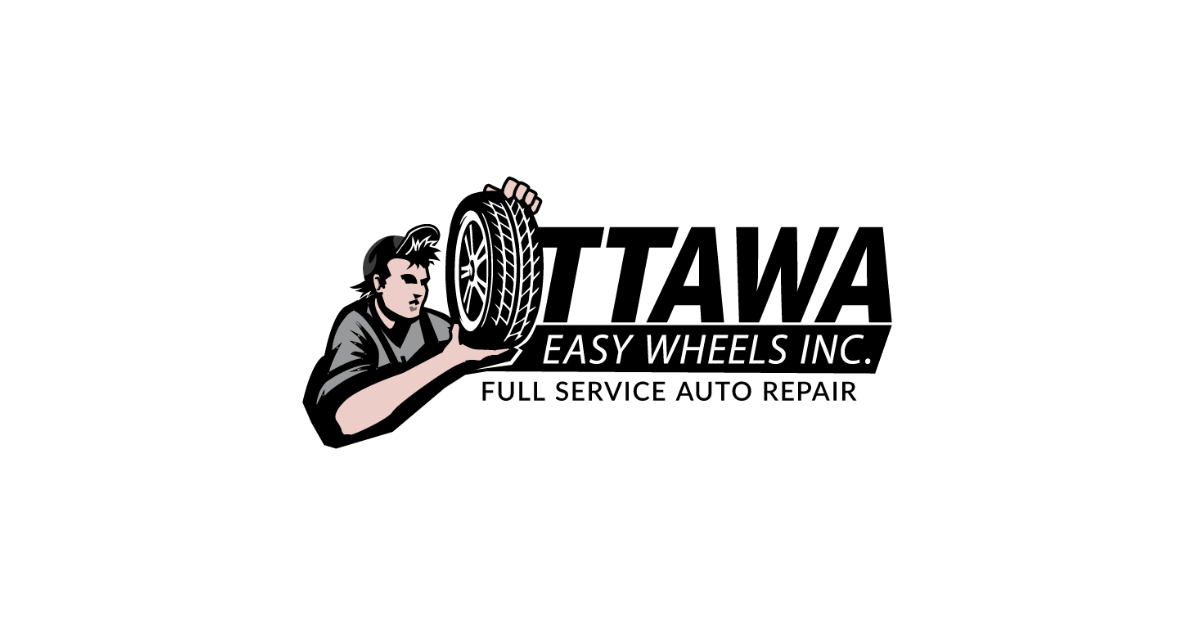Torque is a fundamental concept in physics and engineering that refers to the rotational force applied around a fixed point or axis. It’s the force that causes an object to rotate about an axis, like a door swinging on its hinges or a wheel turning around its axle. In essence, torque is what makes things twist or rotate.
In the context of measuring torque, it’s often expressed in units called foot-pounds (ft-lbs). Foot-pounds is a unit that combines both the force applied and the distance from the axis of rotation. One foot-pound of torque is equivalent to applying a one-pound force at a distance of one foot from the axis of rotation. This unit helps quantify the twisting force applied to a system, such as when tightening a bolt using a wrench. The greater the force applied and the longer the distance from the rotation point, the higher the torque value in foot-pounds.
Torquing wheels refers to the process of tightening the lug nuts or bolts that hold a vehicle’s wheels onto the wheel hubs. This is a crucial maintenance procedure for ensuring the safety and performance of a vehicle. The purpose of torquing wheels serves two primary functions:
- Safety: Properly torqued wheels ensure that the wheels are securely attached to the vehicle. If the lug nuts are not tightened to the correct torque specification, there is a risk of the wheels coming loose while driving. This can lead to catastrophic accidents and loss of control, endangering both the vehicle’s occupants and others on the road.
- Prevention of Damage: Correct torque prevents excessive stress on the wheel studs, lug nuts, and the wheel itself. Over time, repeatedly driving with improperly torqued wheels can cause damage to these components, potentially leading to thread stripping and other mechanical issues. It’s equally important to understand the dangers of overtorquing wheels:
Overtorquing Wheels: Overtorquing occurs when lug nuts are tightened beyond the recommended torque specification. This, too, can be hard on your vehicle:
Stress on Components: Excessive torque places undue stress on the wheel studs, lug nuts, and the hub assembly. This can lead to thread stripping, stud breakage, and potential failure of these components.
Difficulty in Removal: Wheels overtightened with excessive torque can be difficult to remove, especially during roadside tire changes or maintenance. This can result in frustration, time wastage, and the potential for damaging equipment.
Proper Torquing:
To avoid these issues, it’s essential to follow the manufacturer’s recommended torque specifications for your vehicle. These specifications can typically be found in the owner’s manual or provided by the vehicle manufacturer. Additionally, using a torque wrench calibrated to the correct specifications helps ensure accurate and consistent torquing.
Why are you told to have your wheels re-torqued after a tire installation?
Retorquing involves rechecking and, if necessary, readjusting the tightness of lug nuts or bolts on a wheel after its initial installation. This ensures even pressure distribution, counters any settling or adjustments, and maintains the safety and reliability of the wheel assembly over time.
Shouldn’t my wheels be torqued after the installation?
Yes, at Ottawa Easy Wheels Inc., your wheels are torqued any time we install them. Despite having the torque set after a visit, you should have your wheels should be checked after roughly 100km of driving. Here’s why:
Settling of Components: After a new tire is installed, the various components, including the wheel, tire, and the surfaces they come into contact with, may settle or adjust slightly. This can result in a slight shift in the tension of the lug nuts or bolts holding the wheel in place.
Prevention of Loose Wheels: Over a short period of driving, the initial tension applied to the lug nuts might change due to factors like vibration, heating, and cooling. Retorquing ensures that the lug nuts remain properly tightened, reducing the likelihood of the wheel becoming loose while driving.
After tire installation, re-torquing is crucial to counter settling and ensure stability. Ottawa Easy Wheels Inc. emphasizes initial torquing and suggests rechecking torque after 100km to sustain your vehicle’s safety and reliability.
As the fall season approaches, consider reaching out to Ottawa Easy Wheels Inc. for your tire needs. Ensuring proper torque is just one way they prioritize your safety and vehicle’s optimal performance.
